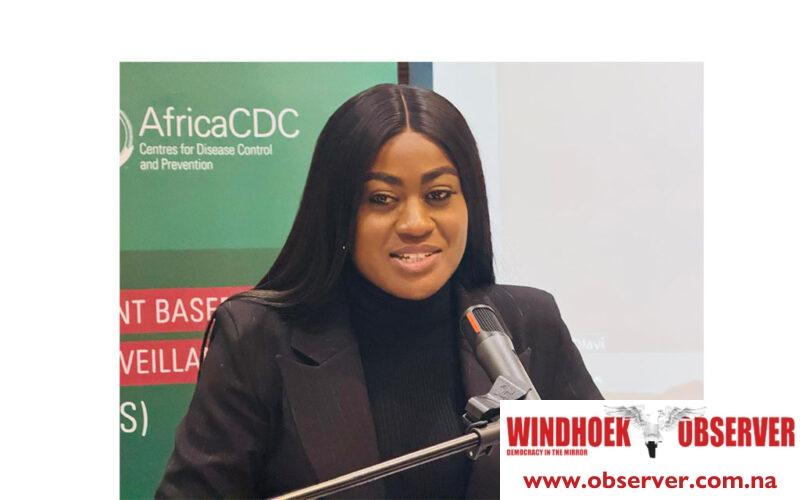Niël Terblanché
The ministry of health and social services has confirmed a new suspected cholera case in Opuwo’s Orokapare location.
The patient, a 13-year-old boy, was admitted on 20 June with acute watery diarrhoea and severe abdominal pain.
According to the ministry, he had no known contact with previous cholera cases and was discharged on Sunday in stable condition.
Health officials visited his household on Monday and found all family members in good health.
The ongoing recording of new cases has renewed focus on the outbreak in the Kunene region, which has already claimed one life and infected several others.
According to the latest ministry figures, Namibia has recorded six laboratory-confirmed cases, one epidemiologically linked case, two cases that tested negative, and one new suspected case currently under review.
With support from the World Health Organisation (WHO), the ministry deployed three SURGE staff to assist local health teams.
Two are working on risk communication and community engagement, while one is focusing on water, sanitation and hygiene interventions.
They will be joined by an epidemiologist and a senior public health advisor from the US Centres for Disease Control and Prevention (CDC), who are supporting surveillance and lab testing.
The health minister, Dr Esperance Luvindao, recently announced new emergency measures to contain the outbreak.
“Cholera is a severe public health threat due to its rapid transmission and potentially fatal consequences if left untreated,” she said.
The first four suspected cases were reported on 13 June.
All came from the same household. One of the patients, a child, died from severe dehydration.
By 18 June, eight suspected cases had been recorded, six from the same family.
Laboratory testing confirmed the presence of Vibrio cholerae 01, a known outbreak-causing strain.
Samples were sent to South Africa’s National Institute for Communicable Diseases for verification.
“The confirmation of cases was done with the support of the NICD in South Africa, where the samples were sent earlier this week. This confirmation has allowed us to tailor our response efforts to effectively target the specific strain affecting the household and potentially the surrounding communities,” said Luvindao.
The ministry activated its incident management system to coordinate a multi-sectoral response.
Rapid response teams have been deployed to Opuwo and nearby areas to provide treatment, strengthen disease surveillance, and implement control measures.
Cholera treatment units and oral rehydration points have been set up. Efforts to secure clean drinking water through chlorination are in progress.
Luvindao said the outbreak highlights deeper socio-economic issues.
“The persistence of cholera in any community signifies gaps in access to clean water, sanitation, and basic healthcare services. We must work together to address the root causes of cholera and create sustainable solutions that promote health equity,” she said.
She urged residents to practice proper hygiene, drink only treated or boiled water, and seek immediate medical help if symptoms occur.
Luvindao called on civil society, the media, and community leaders to support the ministry by spreading accurate information and encouraging prevention.
“The Ministry of Health and Social Services is closely monitoring the situation and will keep the public informed of new developments. Together, through coordinated efforts and responsible actions, we can control and end this outbreak,” she said.




